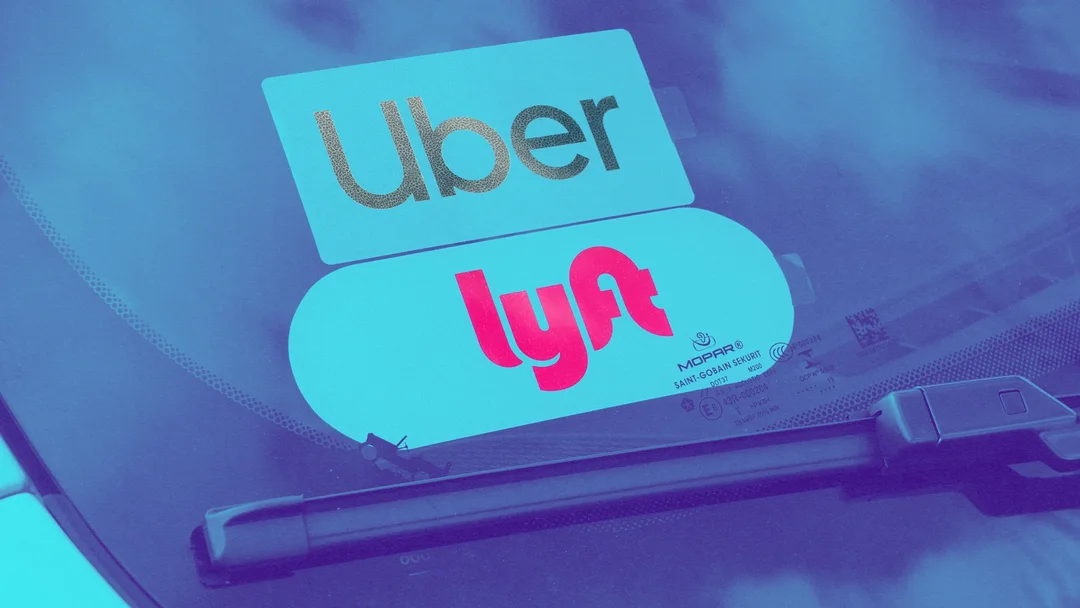
California Lawmakers Propose Bill to Empower Uber and Lyft Drivers to Unionize
The proposal, unveiled last week by Democratic Assemblymembers Buffy Wicks and Marc Berman, has garnered the support of the California Service Employees International Union (SEIU). If passed, this legislation could cover over 600,000 drivers across the state, setting a precedent for gig workers who have historically been classified as independent contractors, thus lacking the formal benefits of employees.
At a press conference, Assemblymember Wicks stated, "We stand for the right of every worker to truly have a voice." This statement reflects a growing movement among gig workers who seek more transparency and fair compensation, especially in the wake of the controversial Proposition 22, which was approved by voters in 2020. Prop 22 allowed Uber and Lyft to classify their workers as independent contractors, sidestepping responsibilities for paid time off and benefits.
This legislative move comes not without its challenges. The ride-hailing companies have expressed strong opposition to the bill, arguing that it would lead to higher costs for consumers. Uber, in its defense, reiterated support for Prop 22, asserting that it allows drivers to maintain flexibility while also enhancing their experience on the platform. Lyft added that their commitment lies in improving driver experiences without undermining voter decision.
The proposed bill goes beyond just pay negotiations; it aims to create a structured collective bargaining process that has been historically thwarted by state and federal antitrust laws, preventing independent contractors from joining forces. A similar law faced legal challenges in Seattle, highlighting the complexities surrounding gig economy regulations. However, the SEIU argues that recent court rulings indicate that California lawmakers retain the authority to legislate collective bargaining rights, setting the stage for a potential legal showdown.
Arnulfo Mejia, a seasoned driver for both Uber and Lyft, shared his perspective on the proposed changes. "The union is the only pathway for 600,000 rideshare drivers to improve their pay and working conditions under Prop 22," he said, emphasizing the necessity of a fair appeals process and transparent pay structures.
The California initiative mirrors a recent statewide ballot initiative passed by Massachusetts voters and is indicative of a larger national trend where gig workers are seeking more rights and protections. Minnesota lawmakers are also considering similar measures, while Illinois unions are starting unionization campaigns, suggesting a growing momentum in this area.
As California grapples with this pivotal legislation, the conversation surrounding gig worker rights and labor equality continues to evolve. The success of this bill could markedly change the landscape of the gig economy, enabling workers to advocate for their rights collectively. Will this push for unionization ultimately redefine the gig economy, or will opposition from companies like Uber and Lyft prove too strong? Readers are encouraged to share their thoughts and opinions on this developing story.